-
Enrique Morales
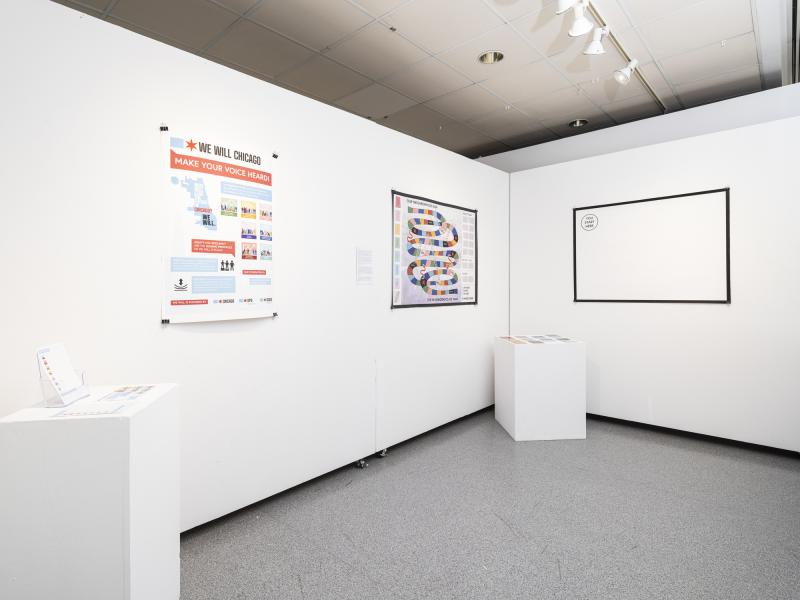
-
Enrique Morales
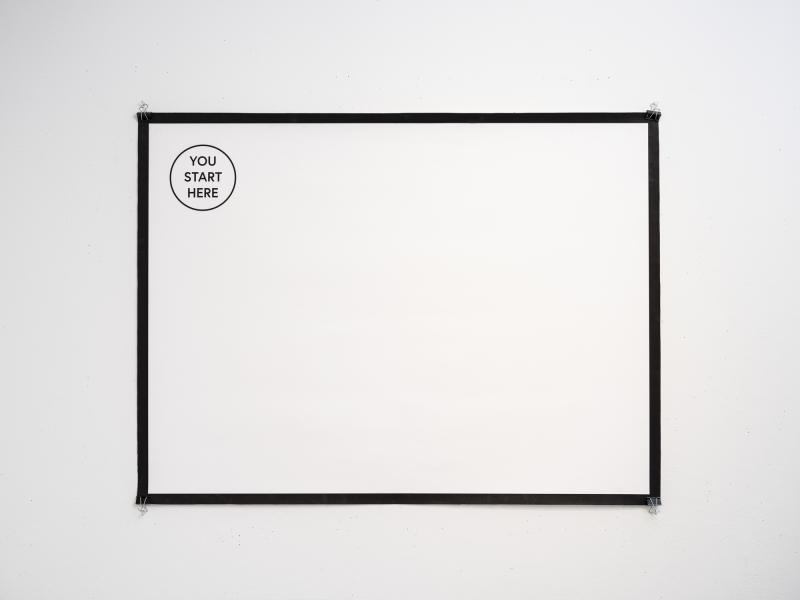
-
Enrique Morales
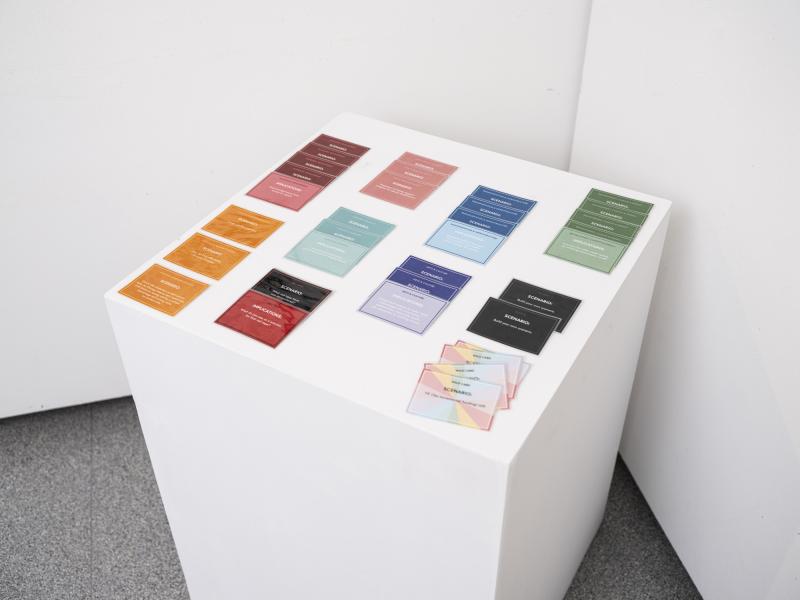
-
Enrique Morales
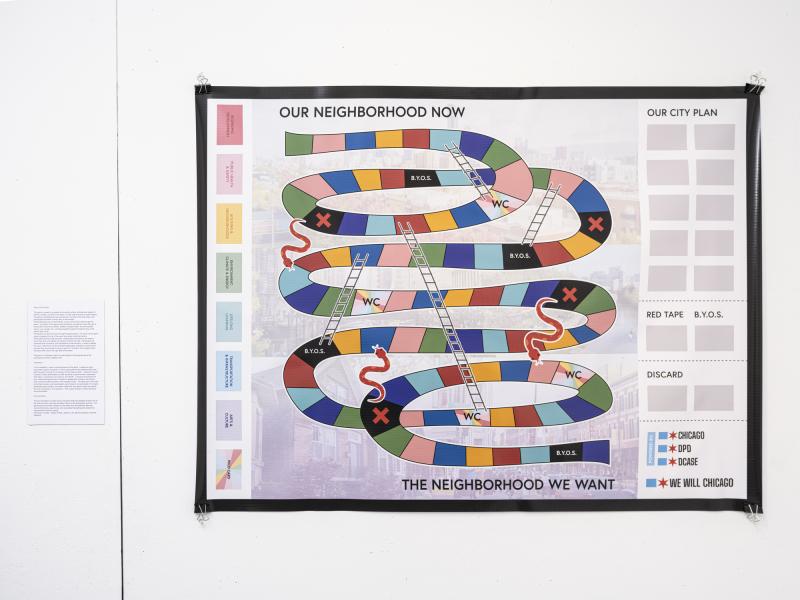
-
Enrique Morales
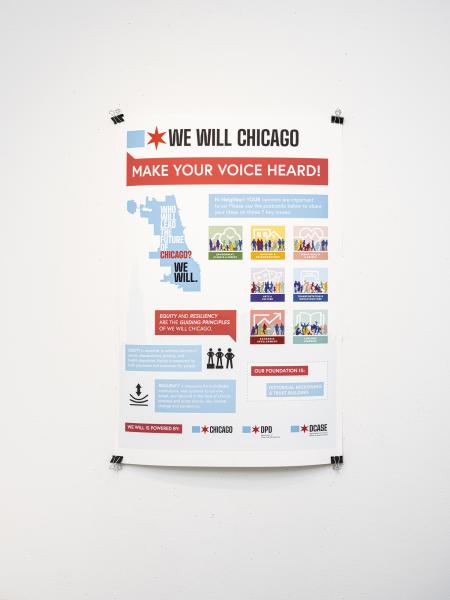
-
Enrique Morales
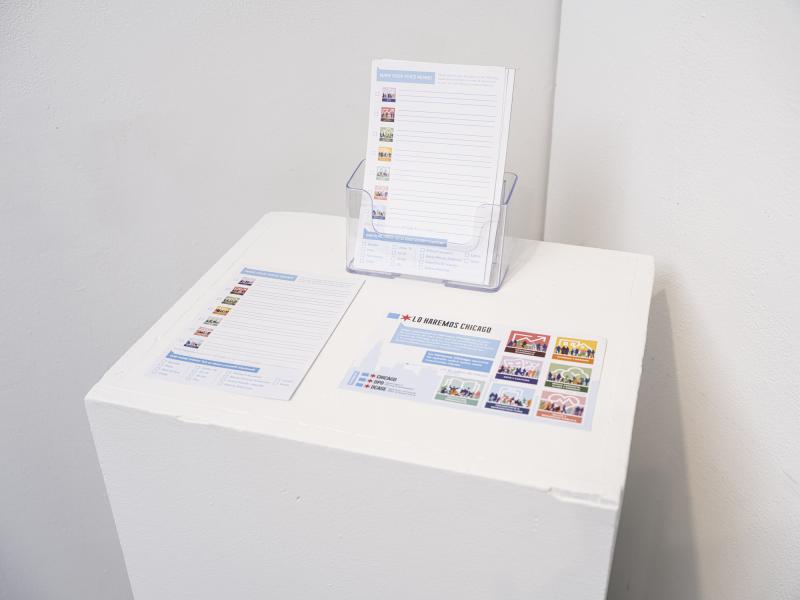
-
Enrique Morales
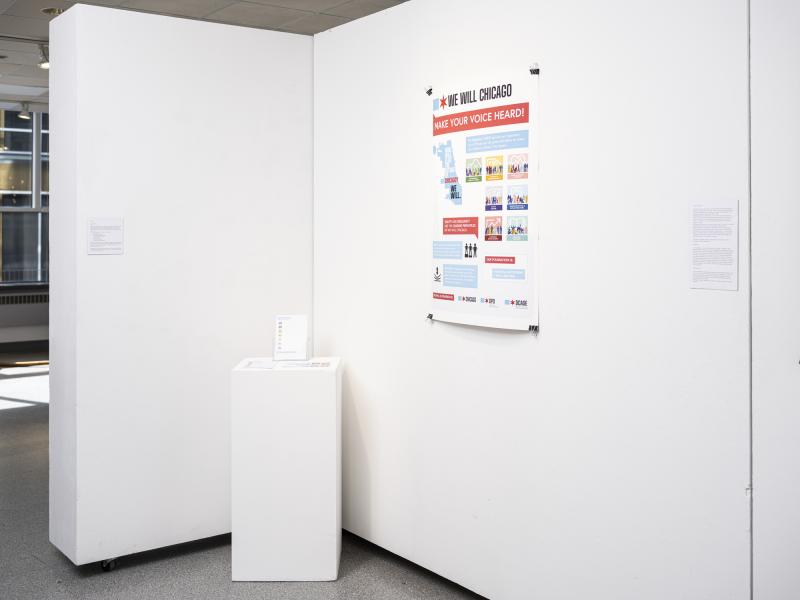
Enrique Morales
Game 2021
I am an artist working with the city of Chicago to engage communities in creative ways around the newly launched We Will Chicago initiative, a three year City Planning initiative aimed at encouraging neighborhood growth and vibrancy, while addressing social and economic inequities that impair Chicago’s legacy as a global city.
We Will Chicago is working through seven key issues:
- Arts & Culture
- Economic Development
- Environment, Climate & Energy
- Housing & Neighborhoods
- Lifelong Learning
- Public Health & Safety
- Transportation & Infrastructure
My task was to design creative community engagements while collecting the data the city needs in this first year of the initiative, - the research phase. I designed a short survey (the postcard) and this game.
I see the game functioning as a tool and I see the social sculpting taking the form of debate, conversations, and actions coming from it.
Rules of the Game:
The game is meant to be played at any public setting, and has been played at farmers markets, concerts in the parks, or other cultural events in public spaces. The game is facilitated and documented by a member of the artist team, and participants are aware of every step of the process.
Participants play solo, as themselves, or as a community to get through the game. An iteration of the game had participants role playing, where they got to choose their community identity, whether a single mother, a small business owner, a civic leader, etc.., and they played the game through the lens of the identity they chose. Participants roll dice and move through the game board. The colors on the game board correspond to one of the seven key issues mentioned above.
Participants pick two card scenarios, matching the color spot on the board in which they land, and debate the scenario for three minutes. Participants are presented with a scenario, and implications of that scenario, in order to debate the issue. After three minutes of debate participants collectively choose which scenario they would prefer to have or work for / through in their neighborhood and place that card on the right side of the board.
The goal is to ultimately craft a city plan based on the experiences of the participants and their neighborhood.
In this installation, I take a critical approach to the game. I present a highly prescribed situation, the game, in which participants follow predetermined rules, with the goal of coming to a consensus on the ideal city plan. I present moments of tension, where participants can offer solutions to governmental / systematic ‘Red Tape’, or build their own scenario, the ‘BYOS’. I introduce the element of time, where participants have 3 minutes to debate each scenario and choose which one they prefer enacted in their neighborhoods. The other part of this work is the blank canvas, where participants can choose to not participate in the highly prescribed game scenario, but rather create their own game, where they define the rules, parameters, and objectives. This utopian scenario is self prescribed and documented.
Documentation:
The documentation includes which two scenarios were debated at each role of the dice and which one was ultimately chosen by the participants and why. The game places anecdotal evidence on the same level as traditional data and records the stories, experiences, and anecdotes that participants shared that informed their decision making.